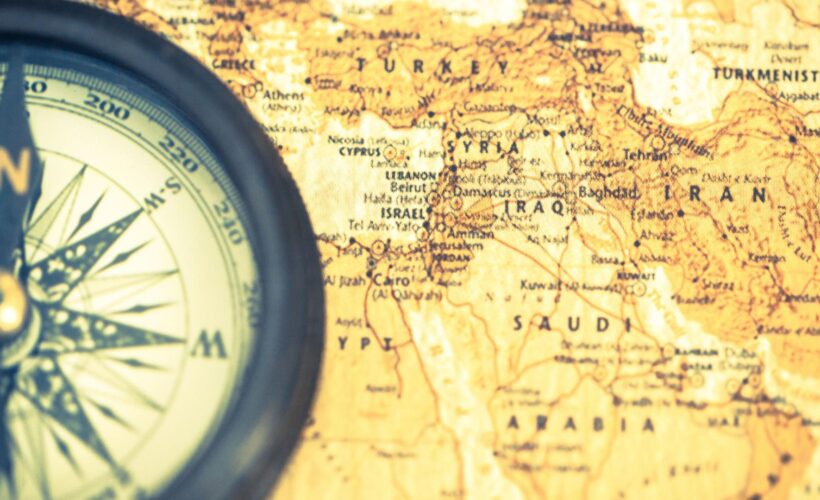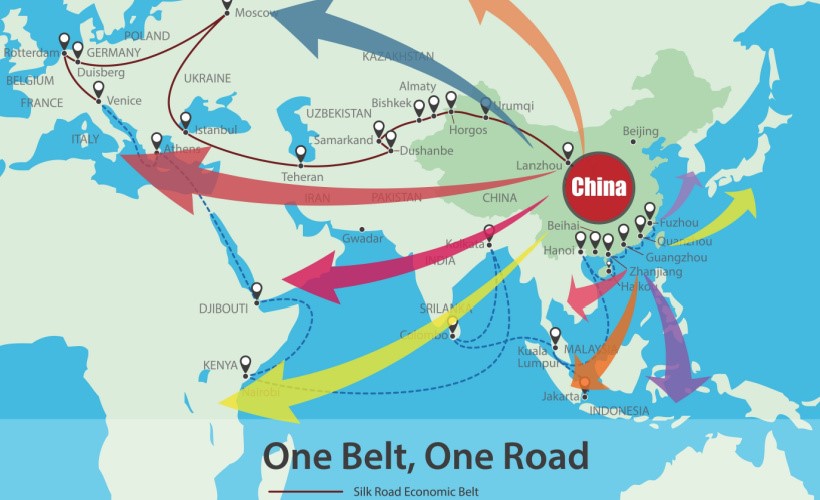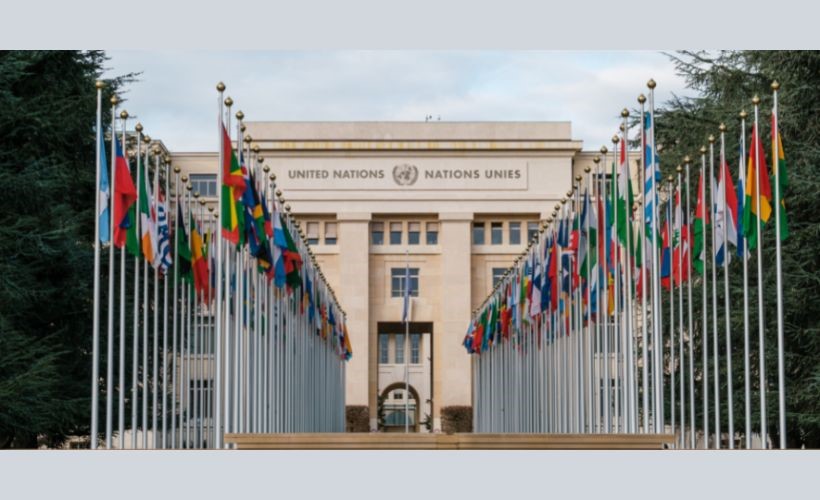The promotion of the inclusion of women in peace processes has become more salient in international politics since the adoption of the United Nations (UN) Security Council resolution 1325 in 2000 and its various successors in the last two decades, leading to the establishment of the UN Women, Peace and Security (WPS) program. At the same time, successive international studies have demonstrated that the absence and participation of women in peace processes following civil or intrastate conflicts do not lead to the establishment of durable peace. This roundtable explores the importance of the involvement of women in peace processes in the Middle East. By drawing upon their academic expertise and professional involvement in peace-making processes in the Middle East and beyond, Professor Miriam Anderson, Dr Zeynep Kaya and Rebecca Turkington discuss the link between women’s participation and conflict resolution, concepts of peace, security and (transitional) justice from a feminist perspective and how these feminist understandings positively affect inclusion of women in peace processes and the durability of peace itself. Furthermore, they explore how the WPS agenda of the UN and UN Women has fared so far in the Middle East, what steps in the realm of gender politics and gender equality need to be taken to further advance the participation of women in peace processes in the region, and what lessons women-inclusive peace processes and good practices elsewhere can provide for peace Middle East.
Speakers:
Miriam Anderson is an Associate Professor in the Department of Politics and Public Administration at Toronto Metropolitan University and a Visiting Fellow at the Centre for Women, Peace and Security at the London School of Economics and Political Science (LSE) for the 2022-2023 academic year while on sabbatical. She holds a Ph.D. from the University of Cambridge in Politics and International Studies and a B.A. (International Relations) and M.A. (Political Science) from the University of British Columbia. She researches non-state actors in international security, specializing on women’s participation in peace processes and in post-conflict politics. She is currently completing two Social Sciences and Humanities Research Council of Canada (SSHRC)-funded projects, the first of which explores the impact of gender-inclusive peace negotiations on women’s political influence in post-conflict politics and the second which follows a transnational women’s peace activist group following the collapse of a peace process.
Dr Zeynep Kaya is a Lecturer in International Relations at the University of Sheffield. Her research focuses on the study of borderlands, conflict, peace, legitimacy and gender. She holds a PhD in International Relations from the LSE. She led several research projects on gender, WPS and conflict Middle East politics and specifically in Iraq during her research fellowship at the LSE. She is currently working on the UK’s gender practice in its foreign policy. Zeynep remains affiliated with the LSE as a Visiting Fellow and is the co-editor of the Kurdish Studies Series there. She is also an Academic Associate at Pembroke College, University of Cambridge.
Rebecca Turkington is a PhD candidate in History at Cambridge University. She previously worked in global gender policy as Assistant Director of the Women and Foreign Policy Program at the Council on Foreign Relations and is a founding staff member of the Georgetown Institute for Women, Peace & Security. Her work on gender, security and foreign policy has been published widely including in ‘Foreign Policy’, ‘Foreign Affairs’, ‘The New Republic’, ‘Defense One’ and ‘Global Studies Quarterly’ and she serves on the editorial board of ‘Studies in Conflict and Terrorism’. Rebecca has a BA from Wellesley College and a MA in Security Studies from Georgetown University.
Moderator: Dr Anahita Arian is a postdoctoral research associate at the Centre for Geopolitics and a college research associate at King’s College, University of Cambridge.







